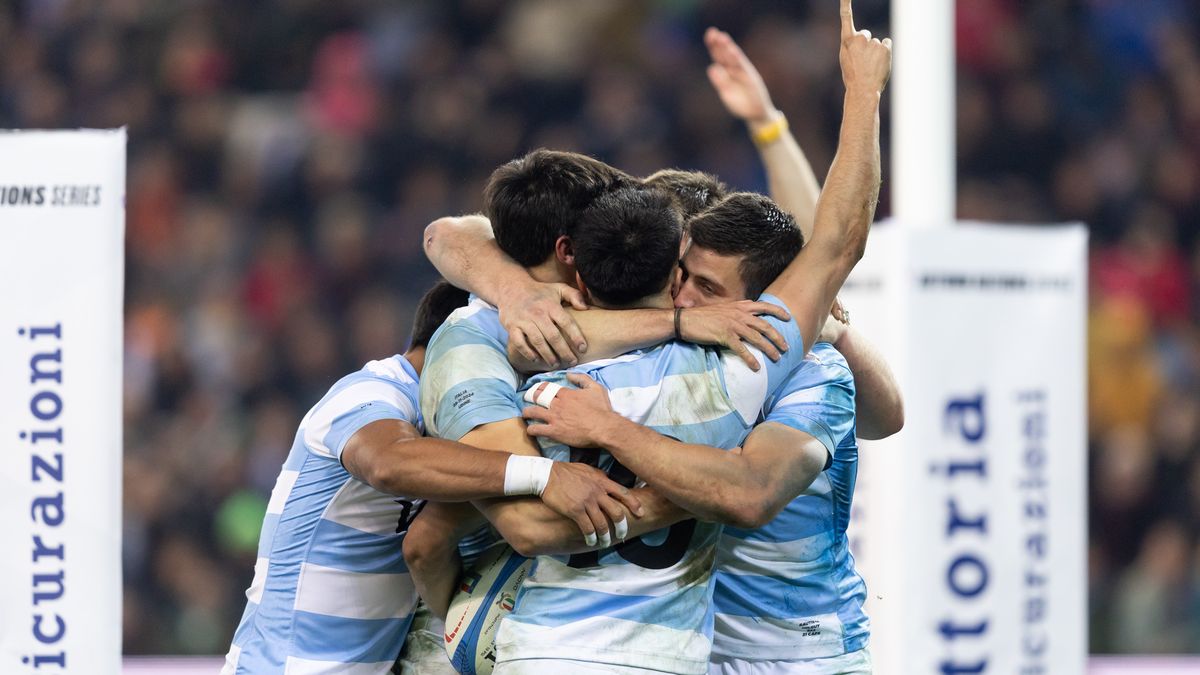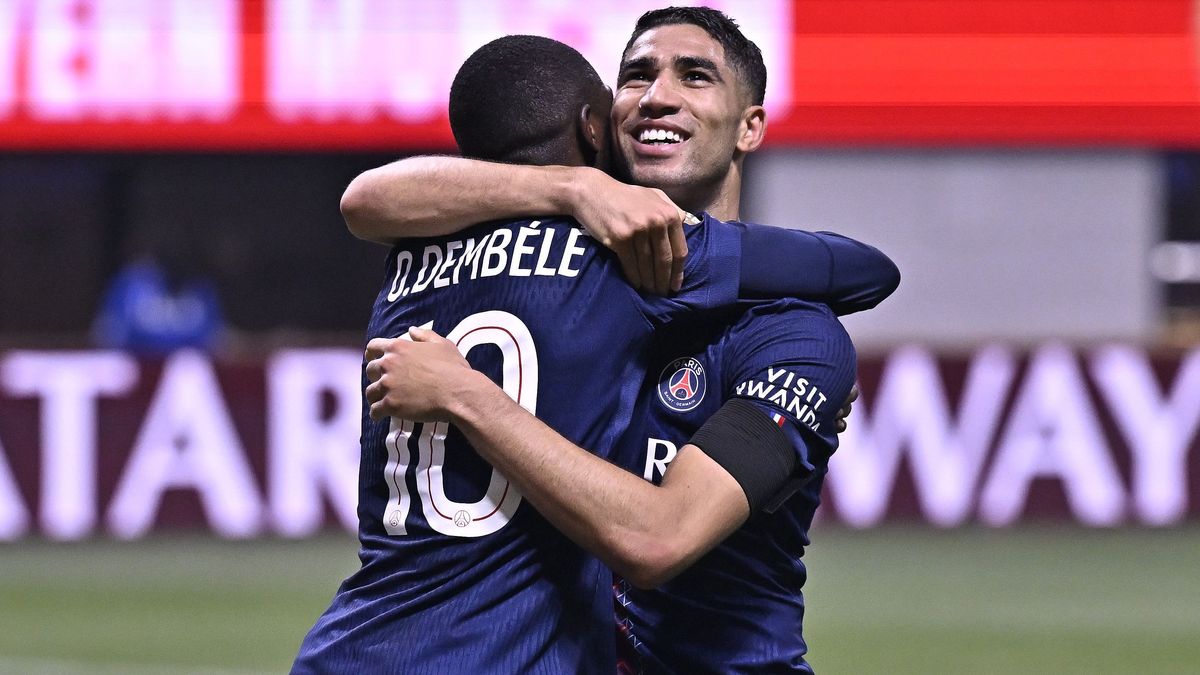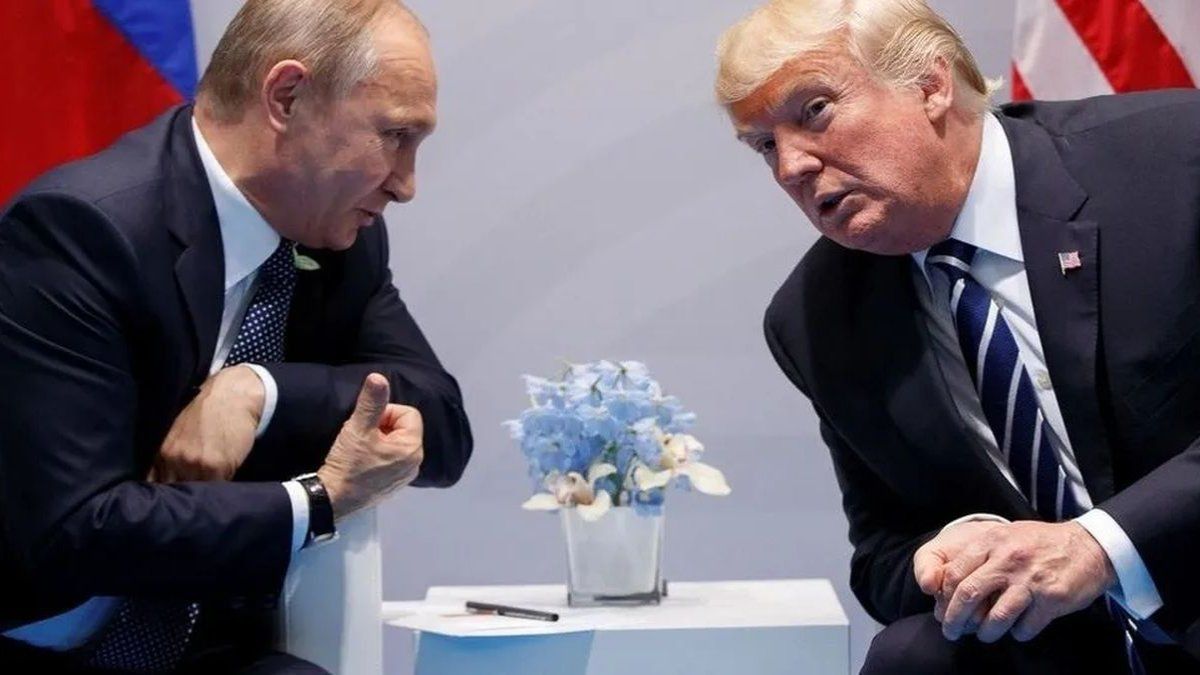So far, French President Macron’s visit to Germany has been very harmonious. The government consultations at the end could become more serious. They are about armaments and the economy.
At the end of his three-day visit to Germany, French President Emmanuel Macron will meet with German Chancellor Olaf Scholz (SPD) for political talks. Several ministers from both governments will also attend the meeting at Meseberg Castle in Brandenburg.
The main topics will be armaments and security issues as well as European competition policy. The Franco-German Defence and Security Council and the Franco-German Council of Ministers will meet in Meseberg for this purpose. The meeting will begin with a one-on-one meeting between Macron and Scholz.
The French President flew to Münster in the morning. Macron and Federal President Frank-Walter Steinmeier landed at Münster/Osnabrück Airport on Tuesday with a delay of around half an hour. NRW Prime Minister Hendrik Wüst (CDU) welcomed them on the red carpet. They made their way to Münster City Hall with a police escort.
There, Macron will receive the Peace of Westphalia Prize for his efforts to deepen European cooperation. Numerous other top politicians have come to the ceremony in Münster. In addition to Steinmeier and Macron, EU Commission President Ursula von der Leyen (CDU) will also speak to the 350 guests at the award ceremony.
The ceremony in Münster’s town hall marks the official end of the state visit. It was the first by a French president to Germany in 24 years. Macron, who is accompanied by his wife Brigitte, also visited Berlin and Dresden. The consultations in Meseberg will then be at government level. The focus will be on operational cooperation between Berlin and Paris.
Differences make cooperation difficult
This has been rather bumpy over the past two years since Chancellor Scholz’s traffic light government took office. This applies to the strategy of supporting Ukraine as well as to the economic policy orientation towards competitors the USA and China.
Macron, for example, vehemently advocates greater European autonomy with its own defense strategy and protection of the economy from unfair competition from China and the USA. Scholz, on the other hand, is sticking to his transatlantic orientation and China as an important trading partner. And in the Ukraine conflict, Macron surprised Scholz with his thoughts on sending ground troops, something Scholz categorically rejects.
The Chancellor is also reluctant to provide Ukraine with long-range Taurus cruise missiles to defend against Russian aggression. France, on the other hand, is supplying Ukraine with Scalp cruise missiles, but their range is shorter than that of the Taurus systems.
Progress in bilateral arms cooperation
According to the German government, the meeting of the Defense and Security Council will also address bilateral armaments cooperation. There has been progress in this area recently. In April, the defense ministers of Germany and France, Boris Pistorius (SPD) and Sébastien Lecornu, laid the political foundation for a joint land combat system. They signed an agreement that also stipulated the long-disputed allocation of tasks for the major project. In addition, Germany and France are developing a new air combat system of the future together with Spain.
Nevertheless, the issue remains difficult. After all, the billion-dollar contracts also involve industrial policy issues. And it is about the fundamental question of whether a strengthened European defense should be a pillar of NATO – or stand alone alongside it.
Macron and his wife Brigitte arrived in Berlin on Sunday afternoon. Macron and Steinmeier began by stressing the importance of German-French relations and countering the impression that these had suffered recently. On Monday, Macron visited Saxony.
Source: Stern
I have been working in the news industry for over 6 years, first as a reporter and now as an editor. I have covered politics extensively, and my work has appeared in major newspapers and online news outlets around the world. In addition to my writing, I also contribute regularly to 24 Hours World.




